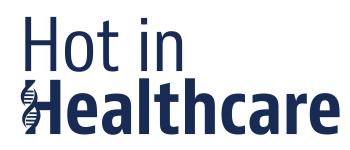How does the EU AI Act impact upon medicines R&D? The answer is not much at all. This position stems from an exemption for scientific R&D in the AI Act, as explained by a recent statement from the European Federation of Pharmaceutical Industries and Associations (EFPIA). This will be welcome news for the pharmaceutical industry, but questions remain for the medical device industry, where the position is far murkier at the research and development stages.…










